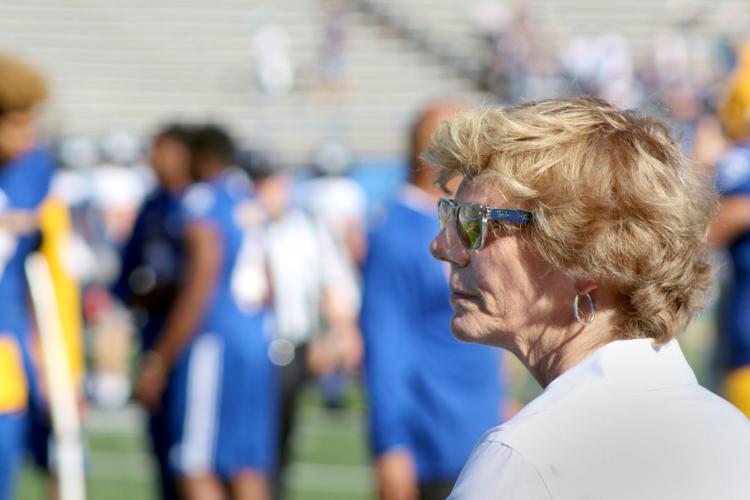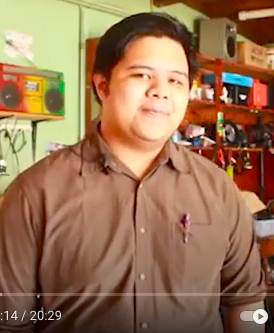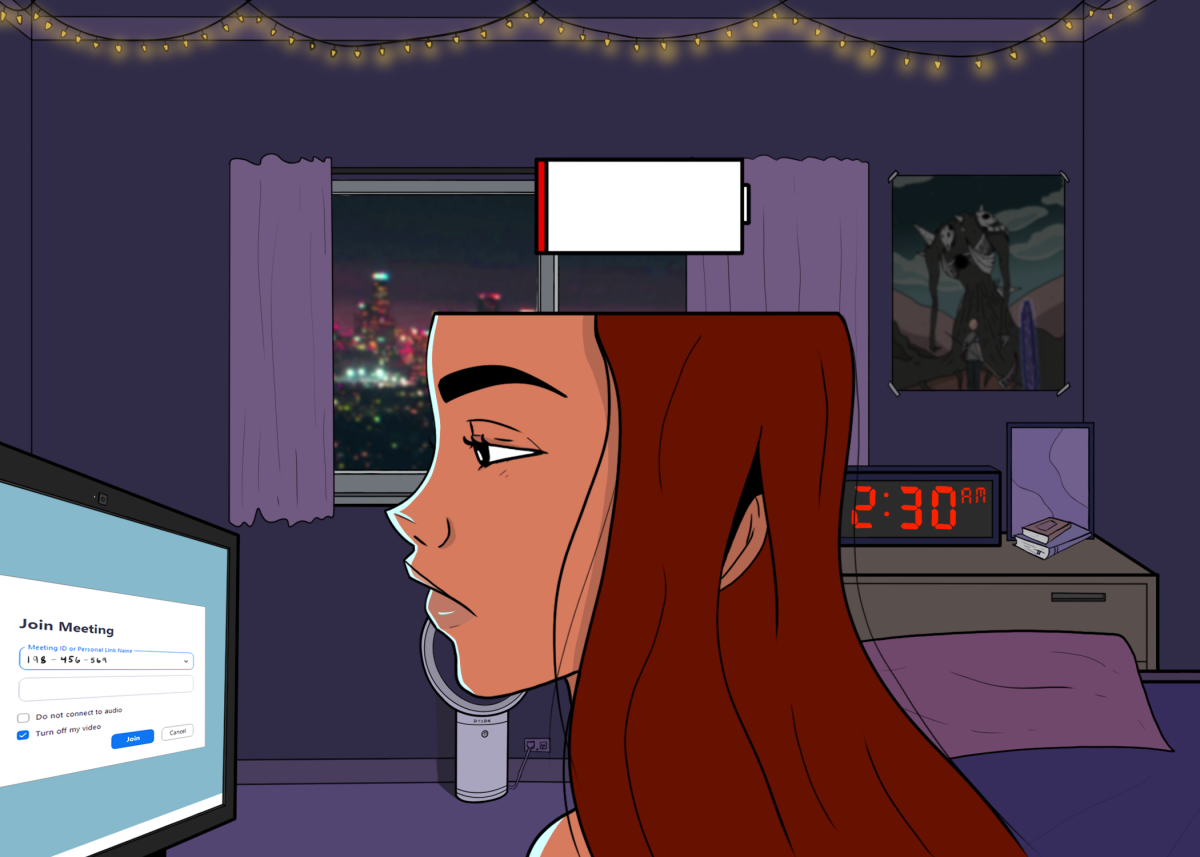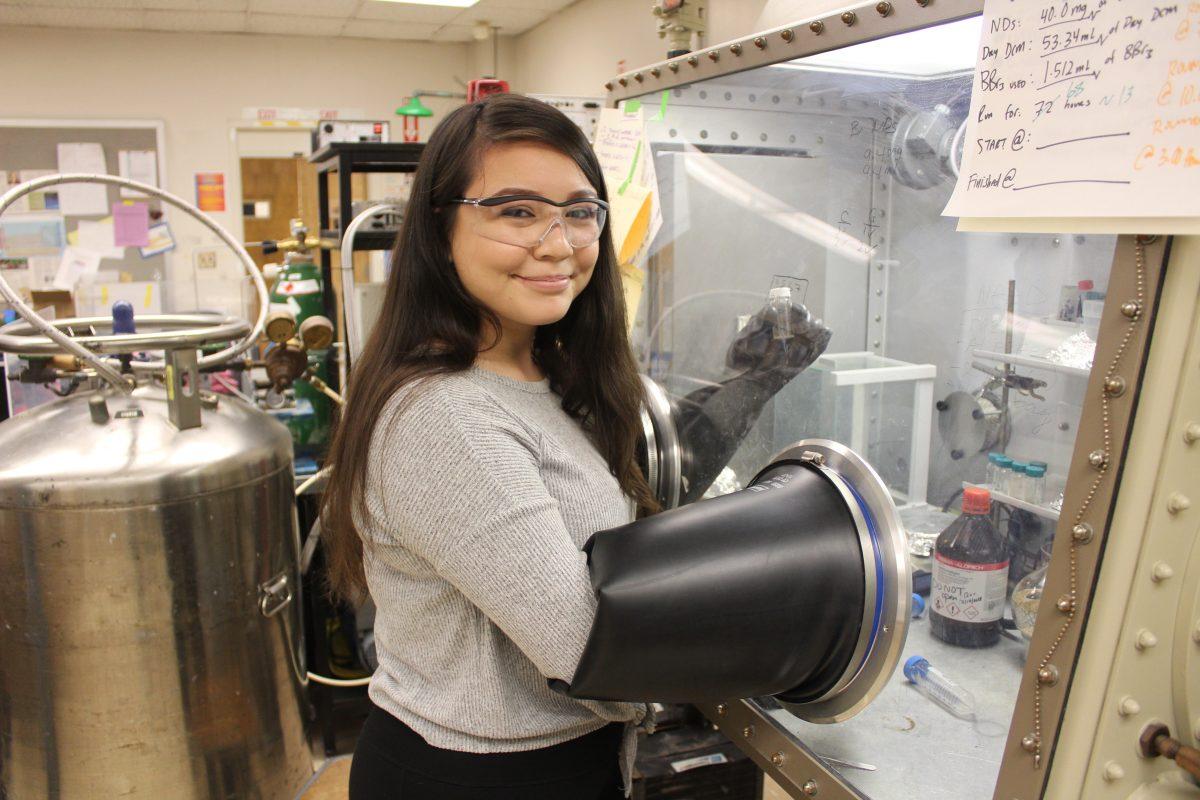Described in court documents as working a “highly-coveted position” for the University of Washington’s football team, the student, only identified as S.S., began a consensual relationship with cornerback Roc Alexander in 2001.
When the relationship turned abusive, S.S. alerted university authorities. University of Washington athletics officials, including then-assistant athletic director Marie Tuite, tried to settle the accusation through mediation, said S.S.
According to court documents, mediation is the practice of intervening in a dispute, usually though face-to-face meetings between the accuser and accused, in order to come to a reconciliation.
Almost 20 years later, Tuite is now athletic director at San Jose State.
Looking back at how the situation was handled, Tuite said while she had no control over the University of Washington’s response, she regrets that the university was not fully equipped to handle the accusations.
“20 years ago, we didn’t have a [chief diversity officer] and we didn’t have a Title IX office,” she said. “That’s what I regret.”
At her South Campus office on Wednesday, Tuite spoke retrospectively on Wednesday to the Spartan Daily about her time at the University of Washington and how she wished she never had to face dealing with a sexual assault accusation.
“Going through that experience certainly created an even stronger sensitivity reflex to the young people I serve,” she said. “I think I’m more qualified to sit in this chair because of having gone through that.”
When asked about what she would have changed in her response to S.S.’s allegations toward Alexander, Tuite said she would have liked the situation to not have occurred altogether.
“I certainly wish the situation we were dealing with had never occurred because of the two young people who were involved,” she said. “That would be what I would change, that we were never in a situation where we had to go through the process of that situation.”
During the 2001 mediation, S.S. said she asked that Alexander be suspended from several football games; but Alexander contested, denying the accusation and threatening to leave if the university sided with S.S.
S.S. said the university sided with Alexander, according to a 2004 lawsuit filed by her against the University of Washington.
Though she stated that Tuite had direct knowledge of the accusation, Tuite characterized the mediation as a “student-to-student employment conflict.”
“When it first went to mediation, at the time we were not mediating sexual assault, that was not the intent of the mediation,” she said. “We did not mediate a sexual assault case.”
Tuite went on to say that she does not believe cases of sexual assault can be, or should be, resolved through mediation.
Chief diversity officer of SJSU, Kathleen Wong(Lau), said that San Jose State University would never use mediation as a method of resolving sexual assault claims.
“When you talk about mediation and all of those other things, that would never happen and it should never happen,” she said. “We don’t reunite, under any circumstances, the complaint and respondent.”
Regarding the protocols that have evolved in Title IX offices across California State University campuses, Wong(Lau) said that there has been an increased focus on preventing impropriety on the university personnel or people who are invested in protecting authority figures.
Wong(Lau) also said that both students who are accused and those who make accusations of sexual assault are provided resources, like counseling sessions, to ensure that they remain confident in the university’s ability to handle the cases.
“The process takes awhile because of the protocols and so we want to make sure that both of them are still successful while they are under this investigation period,” she said. “Advocates then provide support for both parties.”
Another major factor Wong(Lau) emphasized was that professors and other faculty do not have the right to remain quiet when they learn of potential cases of sexual assault.
As state employees, university faculty they have a duty to report accusations of this nature, even if a student requests that the employee keep the conversation confidential. During the Title IX investigation process, students may keep their case confidential.
“The Title IX coordinator can grant confidentiality [to students],” said Wong(Lau). “We would never force someone to file a case, we always give them support and accommodations, no matter what.”
The lawsuit was eventually decided in the University of Washington’s favor by the King County Court in Washington state in 2009, clearing university officials of any legal misconduct in regards to how they handled the accusations brought forth by S.S.
According to the Seattle Times, the jury was denied the opportunity to read aloud a statement to go along with the verdict. Several jurors said their statement would have scolded the university and advised it not to treat the verdict as vindication.
Because S.S. eventually graduated from the university, the court determined that her educational environment was not sufficiently harmed by the handling of her complaint.
When asked what she would say to the student who made the accusations against Alexander, a now retired NFL player, Tuite said;
“I would say the same thing to the student athlete and to [S.S.] today. I would ask how they were doing. I would ask what have they done in the last 20 years. I would be supportive of them today as I was 20 years ago.”











































